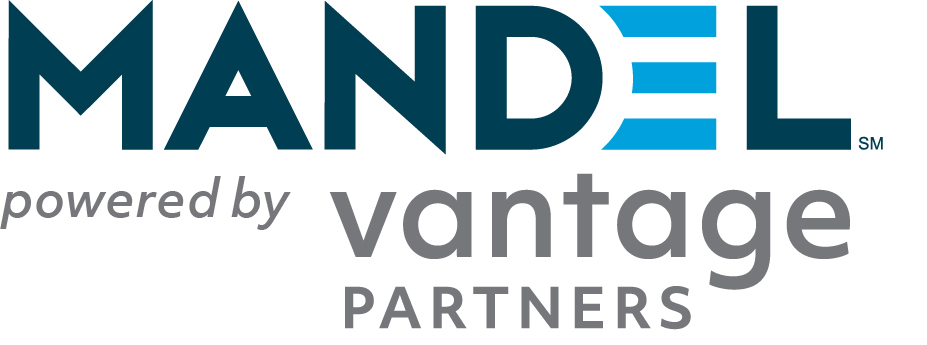Gender equity is a competitive advantage.
Businesses perform better financially when women are better represented in the workforce, in management, and on corporate boards.
A “Women on Boards” study by MSCI showed that companies in the MSCI World Index with strong female leadership generated a Return on Equity of 10.1% per year versus 7.4% for those who lacked similar gender representation.
A separate analysis of survey responses from 21,980 firms in 91 countries performed by the Peterson Institute of International Economics suggested that the presence of women in corporate leadership positions does improve performance.
Having more women in leadership roles is a proven strategic advantage! So, what is your company doing to build its pipeline of women leaders?
Achieving gender equity is a complex challenge.
I want to be careful NOT to oversimplify it.
Solving the gender equity challenge takes a multi-faceted approach. The Bay Area Council Economic Institute does a fantastic job of looking holistically at this.
At Mandel, we’ve seen that one key step toward solving it is to ensure women have the critical communication and executive presence skills they need to be perceived as leaders.
Do the women in your company have the credibility, confidence, and conviction to make their ideas and opinions heard and trusted?
When a woman speaks, she can feel like she’s walking a tightrope.
At work, many women report feeling like they’re either not heard at all when they speak or they’re judged as being too aggressive. The research supports this.
According to a study by Yale psychologist Victoria L. Brescoll, male executives who speak more often than their peers are deemed to be 10% more competent. Alternatively, female executives who speak more often than their peers are deemed to be 14% less competent.
As a result, women may decide that saying less is more.
This is a mistake—one that hurts both the women themselves and the organizations they work for.
As women say less and less, they tend to disappear. That means their representation at the highest levels of leadership is likely to decrease over time.
A 2016 research paper from McKinsey&Company called Women in the Workplace 2016 shows that at every step on the career ladder, representation of women declines.
Build a pipeline of women leaders with communication & influence training.
The good news?
The ability to communicate with executive presence is a skill that anyone can develop. And organizations can back their commitment to gender equity and build their leadership pipeline by offering training and coaching to strengthen this skill.
While many organizations get how powerful providing communication training to executives can be, few realize the power of offering this training throughout a professional’s career—and especially early on.
How many women professionals, new in their careers, may lack the confidence to speak up and share their ideas with a room full of more seasoned professionals? How many great ideas are lost because of this? How many future leaders go undiscovered?
Imagine if early on in their careers, women developed the confidence to speak with purpose and impact through hands-on training? How might that impact your company’s leadership pipeline? Or your innovation pipeline?
Learn how to Think and Speak for Results™.
The first step toward presenting or speaking with purpose, presence, and impact is recognizing what communication behaviors undermine your credibility.
Mandel has identified 5 credibility killers.
- Not focused on what listeners care about
- Too many slides
- Providing an inappropriate level of detail
- Lack of preparedness for tough questions
- Failure to project confidence
The first four of these (and in many ways the fifth, too) are not actually communication problems. I know, I know. You’re probably wondering, “What are you talking about, Beth?”
But the truth is, these credibility killers are the result of failing to THINK critically about WHAT you want to communicate well before your speak or “put pen to paper”.
At Mandel, one of the thinking tools we’ve developed and train people to use is called SCI-PAB®, or Situation-Complication-Implication-Position-Action-Benefit®.
Now used by hundreds of thousands of professionals worldwide, SCI-PAB helps you analyze, organize, and verbalize WHAT you want to say.
And when your thinking is rock solid, speaking becomes easier—a strong, compelling rationale and structure for what you want to say will make you feel more confident saying it!
SCI-PAB works because it’s designed to be an intuitive, repeatable structure for communicating information and ideas. And industry research shows you’ll be 40% more effective at conveying your message if it’s delivered via a structure.
The bottom line is this: When evaluating communication training for women executives or high potentials—and especially for new-in-careers—it’s important to assess whether the training gives people the skills to know WHAT to say as well as HOW to say it.
- Does the training help women conquer credibility-killing behaviors?
- Does the training help women to truly THINK and SPEAK for results?
Companies’ commitment to gender diversity is at an all-time high.
But many are struggling to put their commitment into practice. And many employees aren’t on board yet. To level the playing field, companies need to treat gender diversity like the business imperative it is.
And that starts with better communication, more training, and a clearer focus on results.
Ready to Get Started?
View Mandel’s Think & Speak for Results Training Series™
If you want to build a stronger pipeline of women leaders, these 3 workshops build the critical thinking, presentation, influence, and collaborative leadership skills needed to prepare professionals at every level of your organization.







